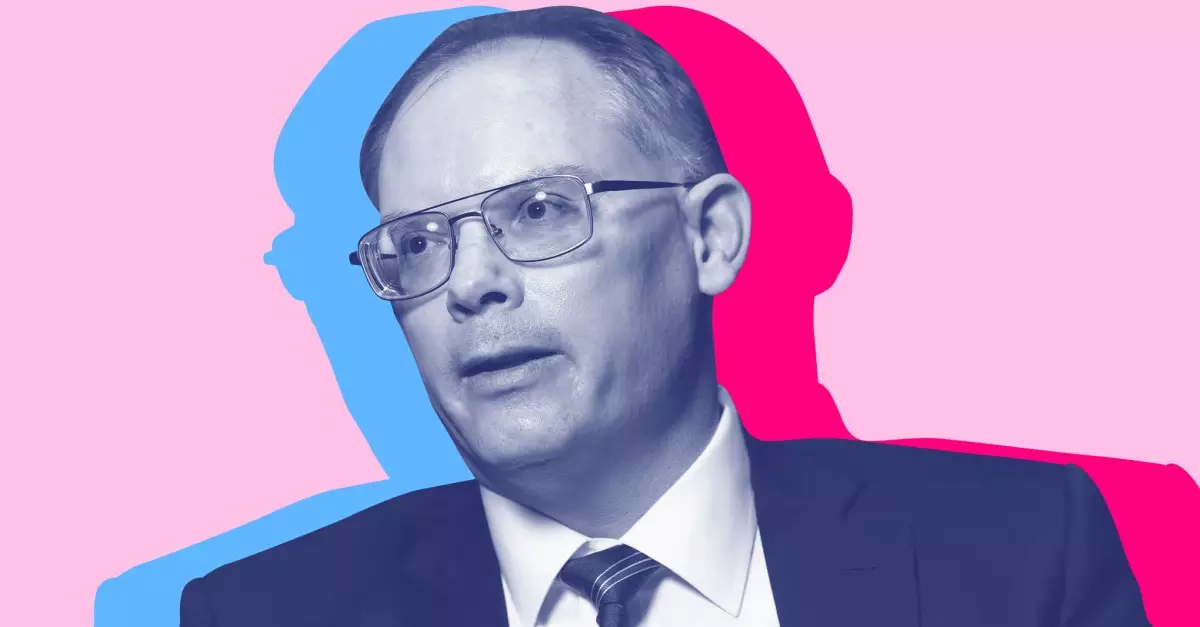Epic Games is currently facing a significant hurdle in its effort to bring Fortnite back to the iOS App Store, a situation that has continued for over a week. With Epic’s CEO, Tim Sweeney, taking to social media platform X (formerly Twitter) to voice concerns, it’s apparent that the stakes have never been higher for this gaming giant. Since submitting a new version of Fortnite, the approval process has seemingly halted, leading many to speculate about the impasse between Epic and Apple. Given Apple’s stated timeline, where “on average, 90 percent of submissions are reviewed in less than 24 hours,” the prolonged waiting period raises eyebrows and fuels discontent among fans and developers alike.
The Frustration of Fake Games
In an attempt to shine a light on the absurdity of the situation, Sweeney pointed out the prevalence of Fortnite imitators still available on the App Store. For instance, titles such as “Fort Battle Royale Epic Shoot” have managed to slip through Apple’s quality control mechanisms. This demonstrates a glaring inconsistency in how Apple moderates its platform. The presence of these clones highlights not only the demand for Fortnite but also the industry’s struggles with game originality and authenticity. Sweeney’s advocacy for getting the “real Fortnite” reinstated is not merely a plea for personal gain but a challenge to Apple’s vetting process. How can the App Store claim to be a reliable source for games while allowing subpar imitations to thrive?
Direct Appeals to Apple’s Leadership
Tim Sweeney’s direct engagement with Apple’s CEO Tim Cook exemplifies a more aggressive strategy. Sweeney’s tweets not only seek to mobilize public interest but serve as a personal appeal to Cook, leveraging his platform to expose what he perceives as hypocrisy. This interaction signals a broader narrative: that the gaming landscape has become a contentious battleground, where corporate giants exert their influence in ways that impact whole ecosystems. Sweeney’s approach goes beyond mere frustration; it represents a calculated move to elicit action from Apple by spotlighting unfair practices in the App Store.
The Consequences of a Stalemate
The unresolved status of Fortnite could have widespread repercussions. As Sweeney noted, there is a risk that content updates might suffer if Apple doesn’t expedite the approval process. The interdependencies in the gaming world mean that a delay in one platform can impact the overall gaming experience across different systems. With Epic aiming for a synchronized update across all platforms, the failure to incorporate new content could alienate iOS players and frustrate others who are eagerly awaiting improvements and new features. It’s a precarious situation that underscores the importance of maintaining fluid communication and cooperation between developers and platform owners.
The Bigger Picture: A Shift in Corporate Dynamics
This ongoing tussle between Epic and Apple illustrates a broader trend in the tech industry where game developers are challenging platform monopolies. Recently, Epic Games has taken a firm stand against what it deems unfair practices by Apple, specifically regarding app fees and restrictions on payment systems. As legal battles unfold, the stakes increase, positioning Epic not just as a game developer, but as a vanguard against monopolistic practices in the gaming industry. The company’s strategy appears to be an effort to define the future of gaming, rooted in greater independence and a more open marketplace.
The demand from Epic Games for a return of Fortnite to the iOS App Store is much more than a game-related issue; it embodies the fight for fair treatment in a digital age. The resolution of this standoff will have ramifications not only for the companies involved but for developers and users across the globe who demand a respectful and equitable digital ecosystem. The ability of Epic to navigate this situation successfully could set a crucial precedent for how platform holders and developers interact going forward. Such moments may redefine what it means to be a game developer within an increasingly complex and evolving marketplace.

